Electrical Accessories
Cruise control, clock, warning lights, body control module, keyless entry, wiper motor or washer, tire pressure monitor, interior or exterior lights, horn, gauges, 12V power plug, USB ports, alarm or security system, remote engine start, heated or cooled seats, heated steering wheel, headlights, automatic headlights, automatic wipers, wireless charging pad.

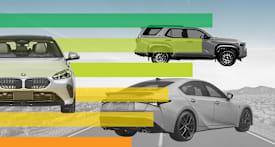


















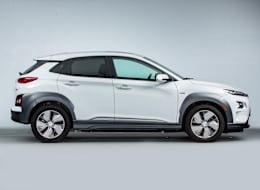
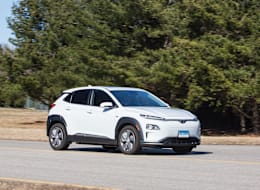
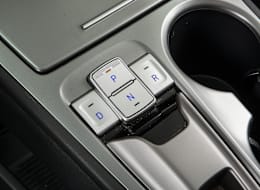
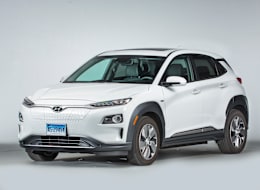
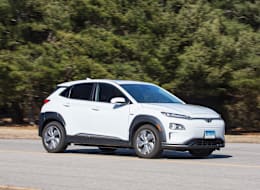
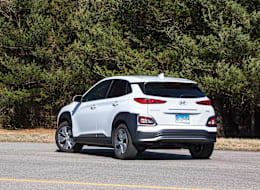
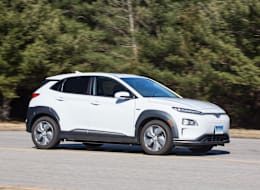

"small battery was not charging correctly from large battery. Dealship replaced it under warranty"
Anonymous, GA (2021 Hyundai Kona Electric Unsure Electric)